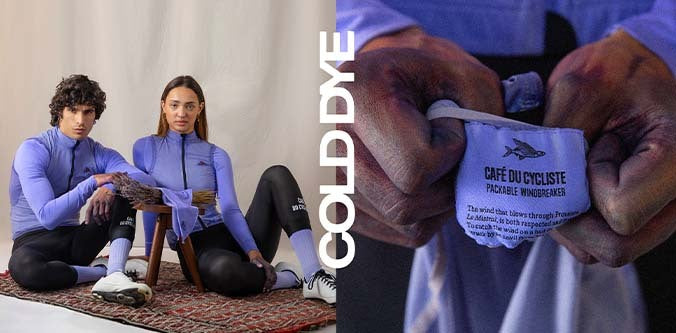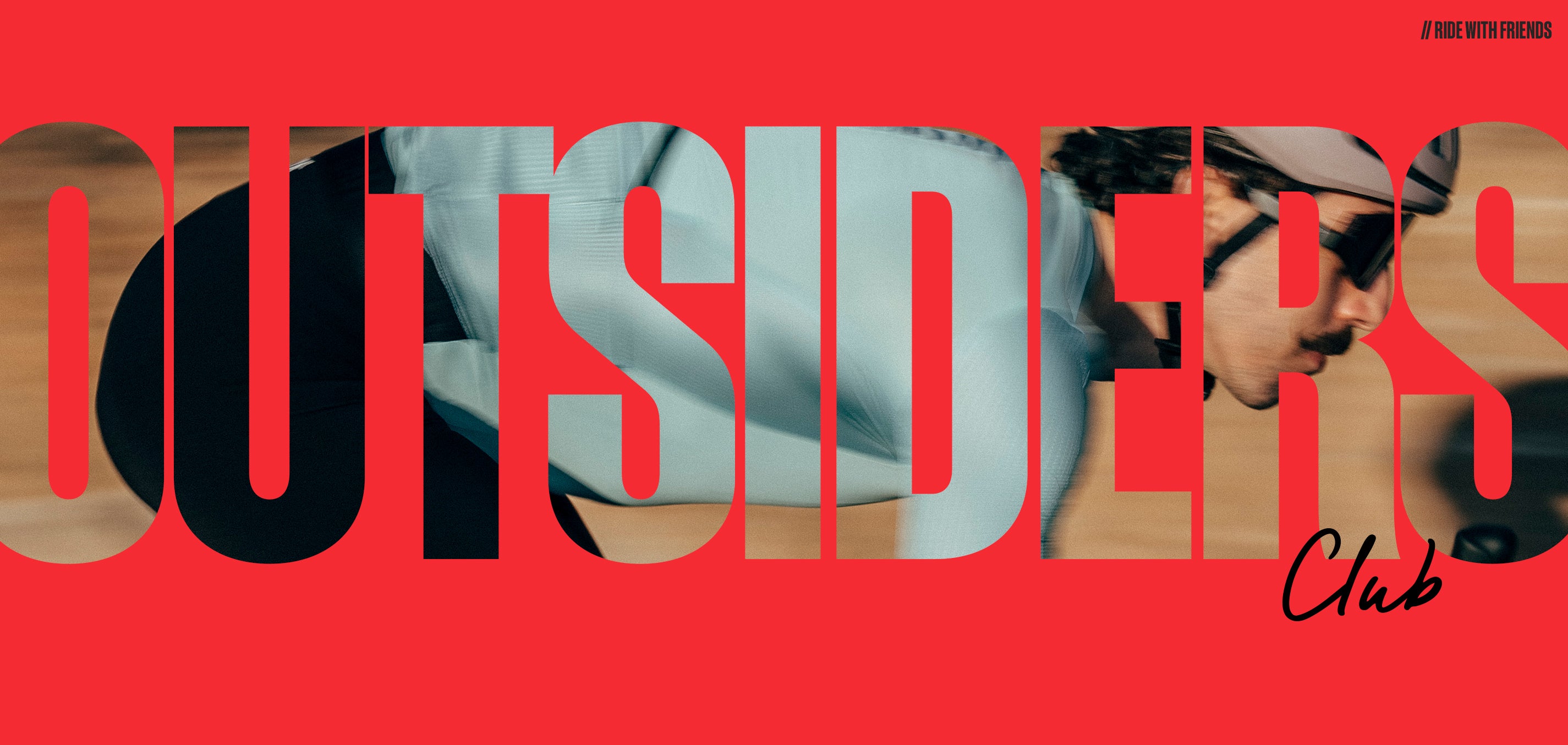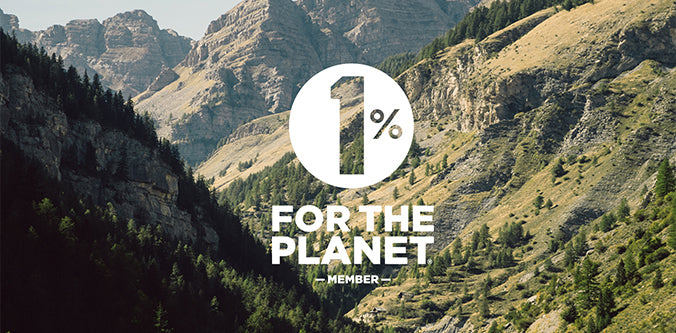Adrien Liechti: Beyond the Mountain
Swiss long-distance racer Adrien Liechti seems to be in his absolute element whenever he’s outside on a bike. A whirling phenomenon of endurance and speed, we spent two days with him near Geneva, where he lives in-between racing around the world.
Hello, can you introduce yourself please.
I'm Adrien Liechti, 37 years, from Switzerland. I worked in Geneva as a Bike Messenger for a few years and now I'm a full-time bike-packer. I've been racing long distance mountain bikes and on the road for about four or five years. It's not a job, it's a passion, I don't earn money doing this, but it takes me a lot of time, so I can say that it's my main activity.
What pleasure is there in doing races like the ones you do, where you ride for days on end and get very little sleep?
I really enjoy travelling by bike and meeting other people. I like to push my limits always looking to see what's beyond the next mountain. It's about connecting with nature. On these long races, over two or three days, we only ride, eat and sleep. It’s a simple existence; we are truly connected to nature and sleeping outside is part of that (laughs).
































